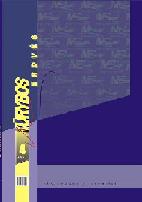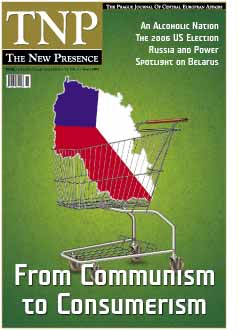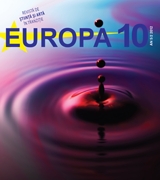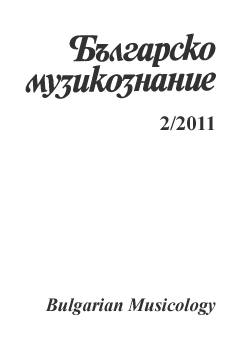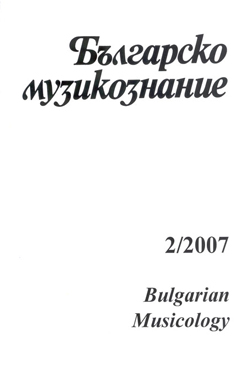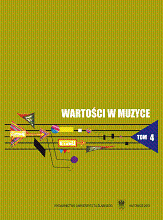
Z raportu o amatorskim ruchu muzycznym w roku stulecia Związku Śląskich Kół Śpiewaczych
Year 2010 is a jubilee of Związek Śląskich Kół Śpiewaczych (today known as Śląski Związek Chórów i Orkiestr) formed 100 years earlier. The place of birth of the Silesian federation of so far informally acting Polish choirs was Bytom. The jubilee celebration of their 100th anniversary overlapped with Kongres Kultury Województwa Śląskiego. The Report, commissioned by congress organisers, apart from historical and organizational information, as well as a description of the condition of an amateur movement centred in the association covering the period of 1999—2010, presents the general information of the manifesto nature useful when formulating perspectivist aims of the cultural work, establishing priorities of the financial support of culture, working out the plans of educating a young generation through art and for art. The activity of the association impresses with wealth and variety of ideas, proves an incredible vitality of an amateur singing and musical movement in Silesia. Its leaders always paid a lot of attention to the work with the youth. Despite numerous organizational and artistic successful achievements, it coped with various difficulties, especially financial ones. Lately, its problem has been a decreasing number of active participants of an amateur movement. The Report and the very article present the reasons of the very situation and its negative results. The author also offers a series of preventive measures. Besides, he claims that the source of power of the Silesian singing-musical association is its number, roots in tradition as well as the awareness of socially desired aims. In order to support his statement he refers to the fragments of historical documents and publications of Śląski Związek Chórów i Orkiestr, as well as the research results presented at the Congress of Culture by other participants. In conclusion, he stresses the fact that the system changes of education are a chance of overcoming negative outcomes of “a cultural revolution” taking place.
More...
